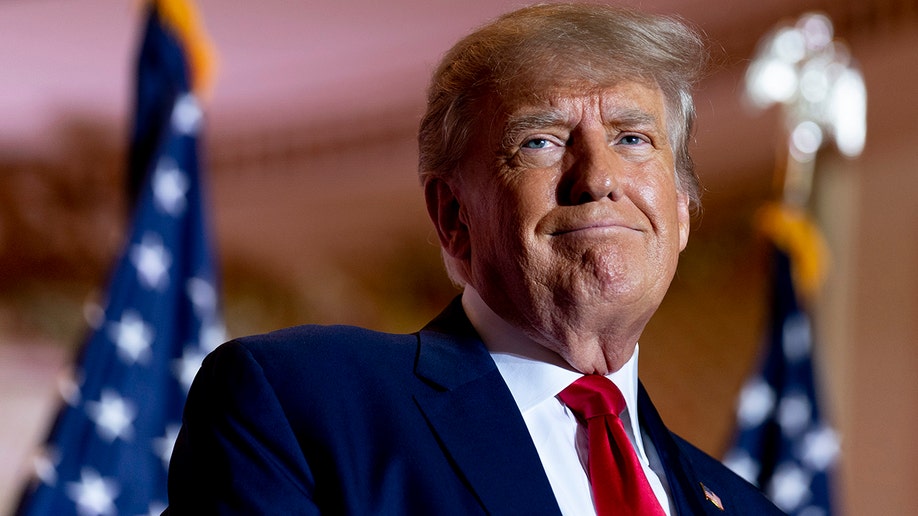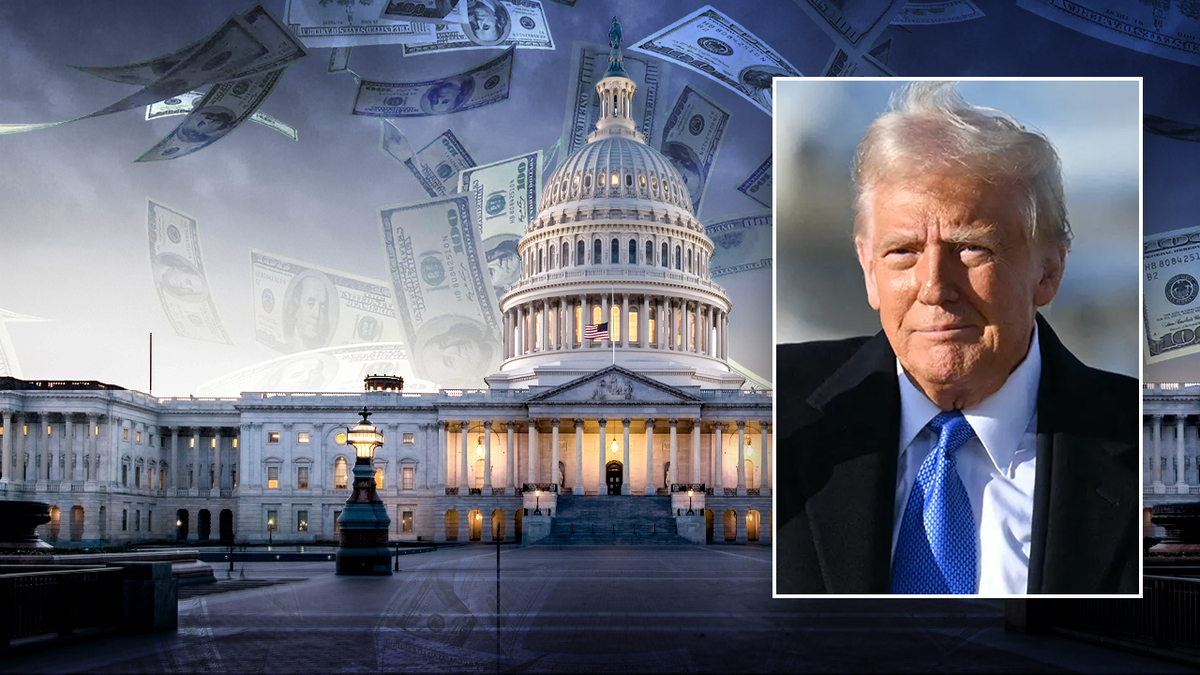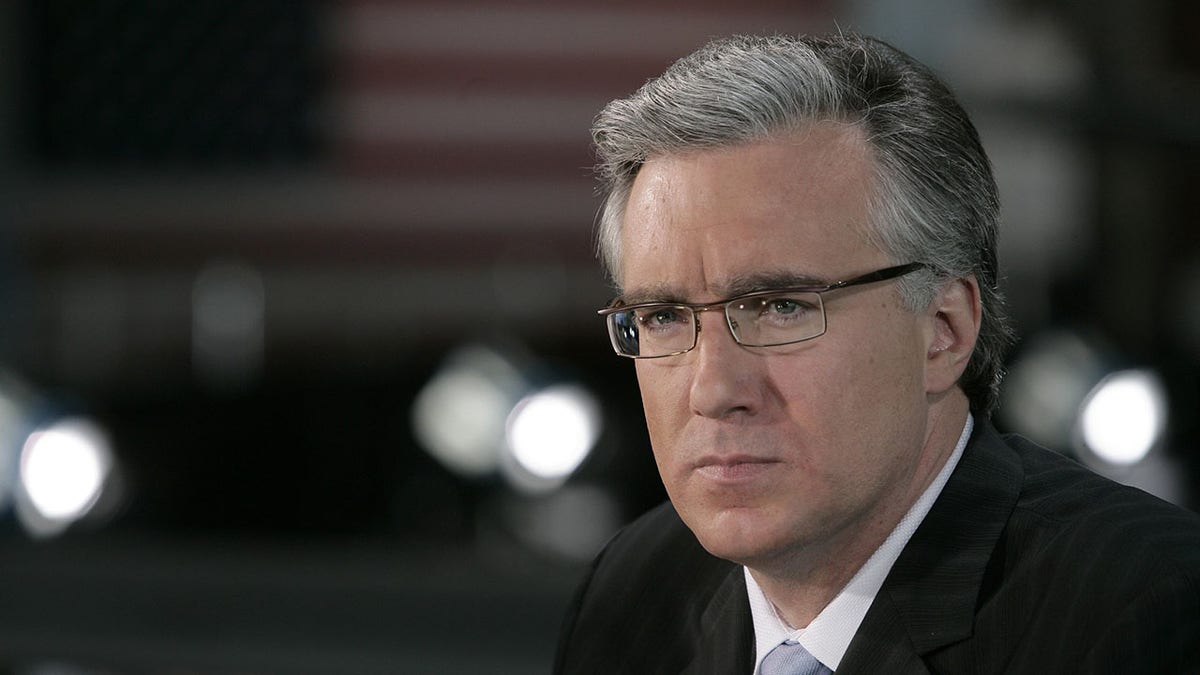As Joe Biden's presidency draws to a close, a recent Fox News national survey reveals a significant portion of the electorate feels negatively impacted by his economic policies. A substantial 77% of voters hold unfavorable views of the economy, with 62% expressing similar sentiments about their personal finances. Furthermore, a majority (64%) believe the economic situation is deteriorating.
Inflation continues to be a major concern, with three-quarters of respondents reporting financial strain due to rising prices over the past six months. This economic anxiety has persisted for over two years, with roughly a third describing the hardship as "serious." The overall negative perception of the economy has worsened by 14 points since the start of Biden's term, with Democrats showing a slightly larger increase in pessimism compared to Republicans and independents.
While a minority of Democrats believe Biden's economic policies have been detrimental (17%), only a third feel they have benefited (33%). Half of Democratic respondents indicate the policies haven't made a noticeable difference. Across the broader electorate, nearly three times as many voters say they have been hurt (47%) rather than helped (17%) by the president's economic agenda, with the remaining 35% reporting no impact.
Dissatisfaction with the country's direction stands at 68%, a slight increase from August. This shift is primarily driven by a surge in discontent among Democrats, largely counterbalanced by a decrease in dissatisfaction among Republicans, likely influenced by Trump's re-election. Only a quarter of voters believe Biden will be viewed as an above-average president historically, while a third predict he will be remembered as one of the worst. This is slightly more favorable than the 40% who held a similar view of Trump at the same point in his presidency. However, significantly fewer voters (7%) anticipate Biden being remembered as one of the country's greatest presidents compared to the 22% who held that view of Trump in 2020.
Looking to the future, optimism about the economy has grown, with 39% expecting improvement in 2025, up from 22% a year ago. This optimism is significantly higher among Republicans (63%) than Democrats (17%). Republican pollster Daron Shaw points to the economy's role in the recent election results, highlighting the negative economic sentiment as detrimental to the incumbent party. He notes a predictable shift towards optimism among Republicans and independents, suggesting Trump's potential to build on this momentum with policies focused on lowering prices and taxes.
Biden's job approval rating concludes at 41%, just above his all-time low. Disapproval sits at 58%, including a significant portion of independents (76%) and about a fifth of Democrats. Disapproval is at record levels among voters under 45, Hispanics, and urban voters. Biden's final approval rating is lower than Trump's 47% at the end of his first term, Obama's 57%, and Clinton's 62%, but higher than George W. Bush's 34%.
Biden's approval peaked at 56% in June 2021 and hit a record low of 40% on three separate occasions. His handling of key issues also receives largely negative ratings, with only about a third approving of his performance on border security (31%) and inflation (34%). While his foreign policy approval is slightly higher (37%), it remains significantly underwater at -23 points and represents a new low.
The survey also touched upon Biden's pardon of his son, Hunter, for multiple felony convictions. This decision faced disapproval from 63% of voters, while 32% approved. Opinions were similarly divided on Trump's potential pardons for individuals convicted in connection with the January 6th Capitol attack, with 62% disapproving and 34% approving. Partisan divides were evident in both cases, with Democrats largely supporting Biden's pardon and Republicans favoring Trump's potential pardons, while independents largely disapproved of both.
The Fox News survey, conducted December 6-9, involved interviews with 1,015 registered voters via landlines, cellphones, and online. The margin of sampling error for the full sample is ±3 percentage points.








